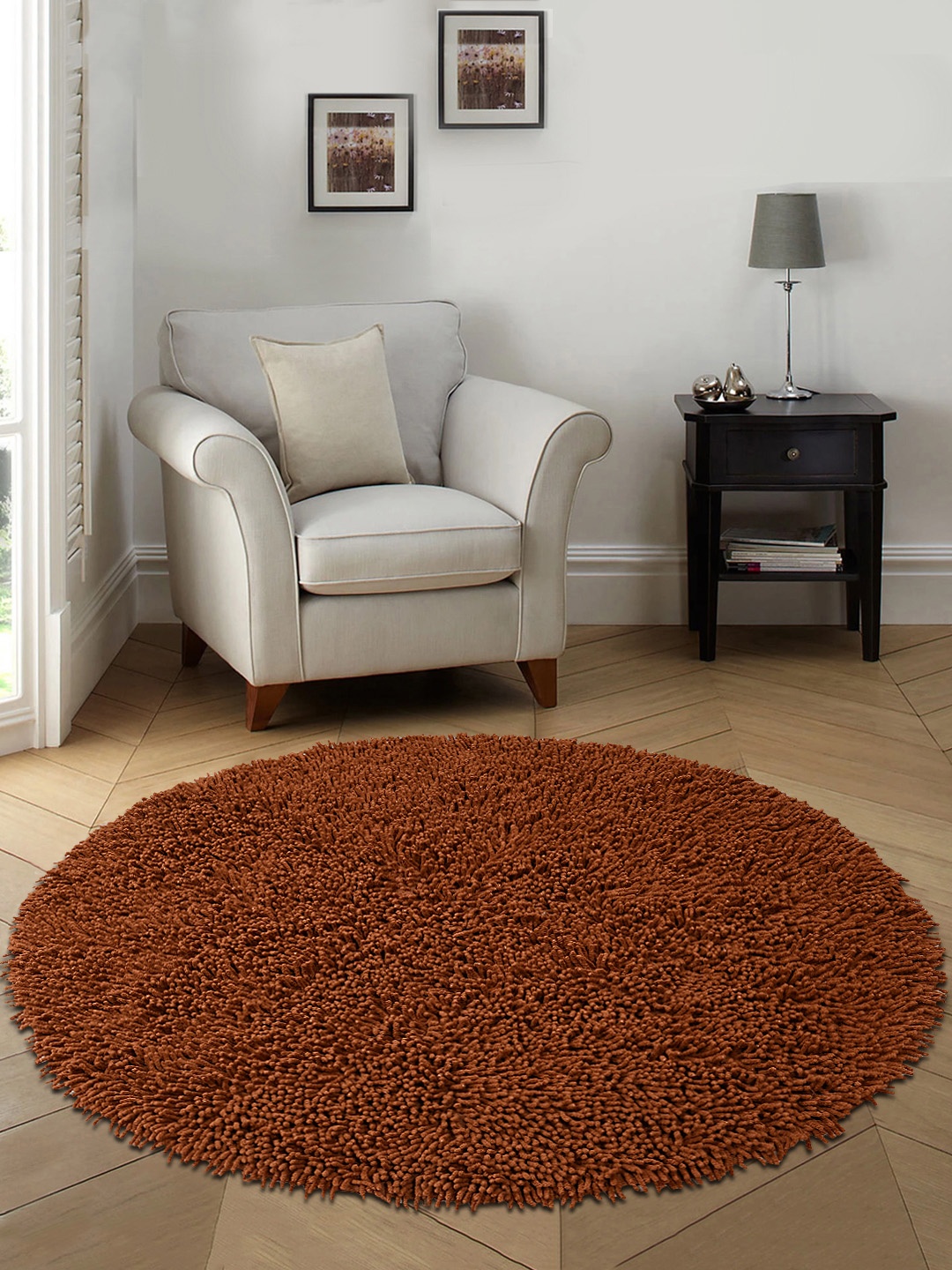5 Things To Look For Before Buying Diapers For Babies
Choosing the right diaper is crucial for your baby's comfort and health. Discover 5 key factors, skin safety, absorbency, fit, eco-friendliness, and value, before making your purchase.

Diapers should be gentle on your babys skin.
When it comes to caring for your little one, every choice matters, especially the one that stays closest to their delicate skin for hours: diapers. Much like choosing the right skincare for yourself, selecting the perfect diaper for your baby requires attention to detail, an understanding of materials, and a commitment to comfort and safety. With countless options on the shelves, how do you ensure you're making the best decision? Here are five essential factors every parent should consider before buying diapers for their baby.

Absorbency is key to keeping your baby comfortable.
Photo Credit: Pexels
Also Read: 5 Best Mosquito Repellents For Babies: Safe, Natural And Gentle Protection
Top 5 Things To Look For Before Buying Diapers
1. Skin-Friendly Materials
Your baby's skin is thinner and more sensitive than yours, making it prone to irritation and rashes. The diaper you choose should feel like a second skin, soft, breathable, and free from harsh chemicals. Look for diapers made with hypoallergenic materials, free from chlorine, latex, and fragrances. These additives can trigger allergic reactions or cause discomfort.
Modern premium diapers often feature plant-based fibers or organic cotton layers that are gentle on the skin. Breathability is equally important; a diaper that allows air circulation reduces the risk of moisture buildup, which is the primary culprit behind diaper rashes. Think of it as skincare for your baby, ingredients matter.
2. Absorbency and Leak Protection
A diaper's primary job is to keep your baby dry and comfortable. High absorbency ensures that moisture is locked away from the skin, preventing irritation and infections. Look for diapers with multi-layer absorbent cores and superabsorbent polymers (SAP) that can hold liquid for extended periods without feeling bulky.
Leak guards are another feature to prioritize. These elastic barriers around the legs prevent spills and keep clothes dry. For newborns, who feed frequently and have unpredictable bowel movements, superior absorbency and leak protection are non-negotiable.

A proper fit prevents leaks and irritation.
Photo Credit: Pexels
3. Fit and Flexibility
Babies come in all shapes and sizes, and so should their diapers. A good diaper offers a snug yet flexible fit, adapting to your baby's movements without causing red marks or discomfort. Look for features like stretchable waistbands, adjustable tabs, and contoured shapes that hug the body gently.
A poor fit can lead to leaks, chafing, and even restricted movement. For active babies who crawl or walk, flexibility becomes even more critical. Some brands offer size indicators and weight ranges, always cross-check these with your baby's current weight for the best fit.
4. Eco-Friendliness and Sustainability
Today's parents are increasingly mindful of their environmental footprint, and diaper choices play a big role. Traditional disposable diapers take hundreds of years to decompose, contributing to landfill waste. If sustainability matters to you, consider eco-friendly diapers made from biodegradable materials or those offering compostable options.
Brands now offer diapers with plant-based cores, responsibly sourced pulp, and minimal plastic. While these may come at a premium, they align with a cleaner planet and safer future for your child. Cloth diapers are another alternative, though they require more maintenance.
5. Price vs. Quality
Diapers are a recurring expense, and while budget matters, compromising on quality can lead to bigger problems, skin issues, discomfort, and sleepless nights. Premium diapers often justify their price with superior materials, advanced absorbency, and skin-safe features. However, mid-range options can also deliver excellent performance if you know what to look for.
Compare cost per diaper rather than pack price, and consider subscription models for savings. Remember, the cheapest option isn't always the best for your baby's health and comfort.
Choosing the right diaper is more than a convenience, it's an investment in your baby's health, comfort, and happiness. Prioritize skin safety, absorbency, fit, sustainability, and value for money. Think of it as curating a skincare routine for your little one: gentle, effective, and tailored to their needs.
When in doubt, consult your pediatrician for recommendations, especially if your baby has sensitive skin or recurring rashes. After all, a happy baby means a happy parent, and the right diaper can make all the difference.
Diapers You May Want To Check Online
1. Dabur Baby Super Pants
2. MamyPoko Pants Standard All Night
3. LITEWAVE Smiley's Bubble Baby Diaper Pants
4. Kiddle Care Easy Comfort Baby Diaper Pants
5. Huggies Skin Protection
6. HONEY BUNNY Baby Diaper Pants
7. Cuddles Super Pants Style Diaper
8. LuvLap Diaper Pants
Frequently Asked Questions (FAQs)
1. What should I look for in a diaper for sensitive baby skin?
Choose diapers made from hypoallergenic, fragrance-free materials that are dermatologically tested to prevent irritation.
2. How do I know if a diaper has good absorbency?
Look for multi-layer cores and superabsorbent polymers that lock in moisture and keep the baby dry for longer periods.
3. What is the right diaper size for my baby?
Check the weight range on the packaging and ensure the diaper fits snugly without leaving marks or causing leaks.
4. Are eco-friendly diapers worth it?
Yes, they reduce environmental impact and often use plant-based materials, making them safer for your baby and the planet.
5. How often should I change my baby's diaper?
Generally, every 2 to 3 hours or immediately after a bowel movement to maintain hygiene and prevent rashes.
(Disclaimer: This article may include references to or features of products and services made available through affiliate marketing campaigns. NDTV Convergence Limited (“NDTV”) strives to maintain editorial independence while participating in such campaigns. NDTV does not assume responsibility for the performance or claims of any featured products or services.)













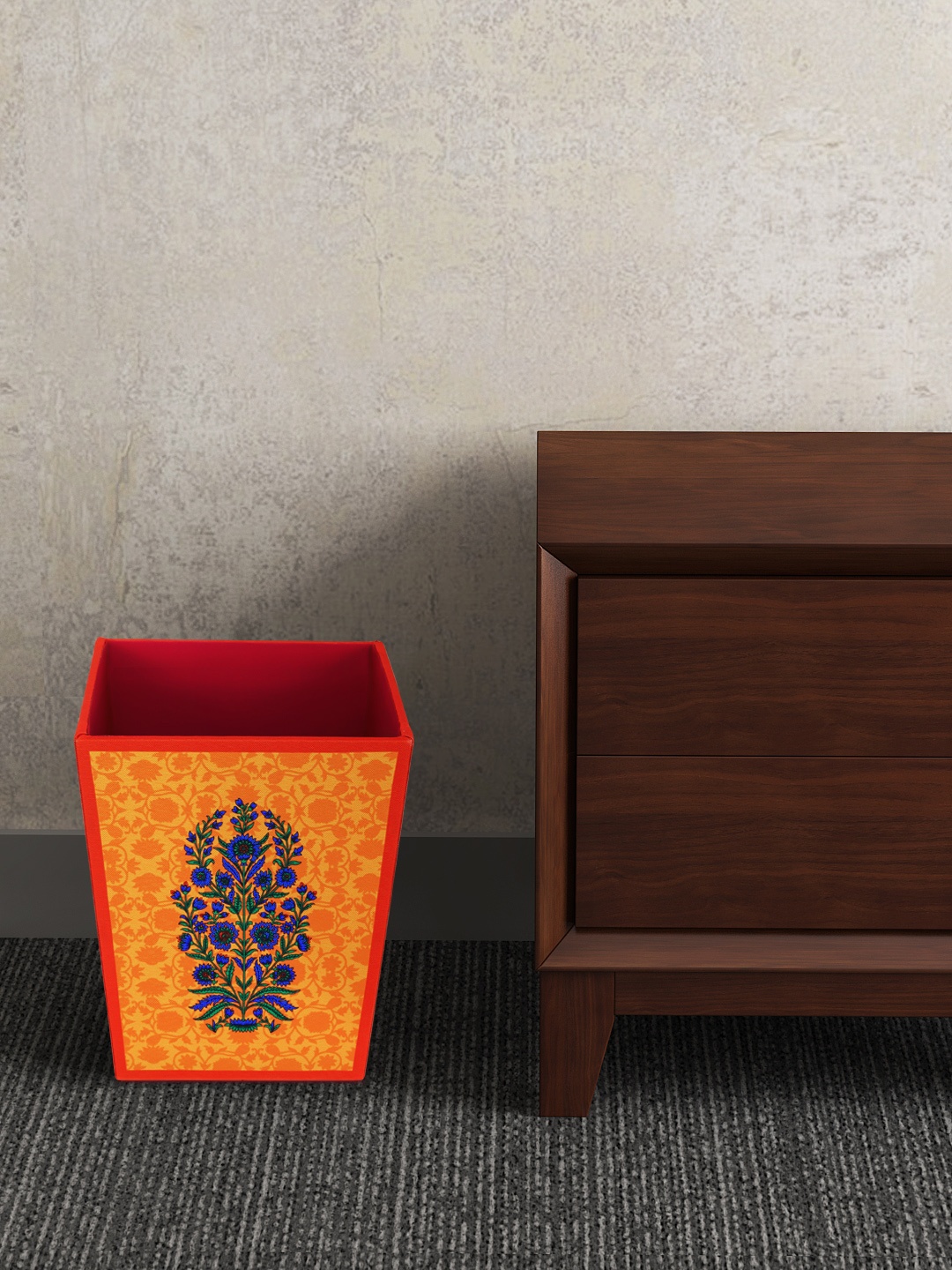


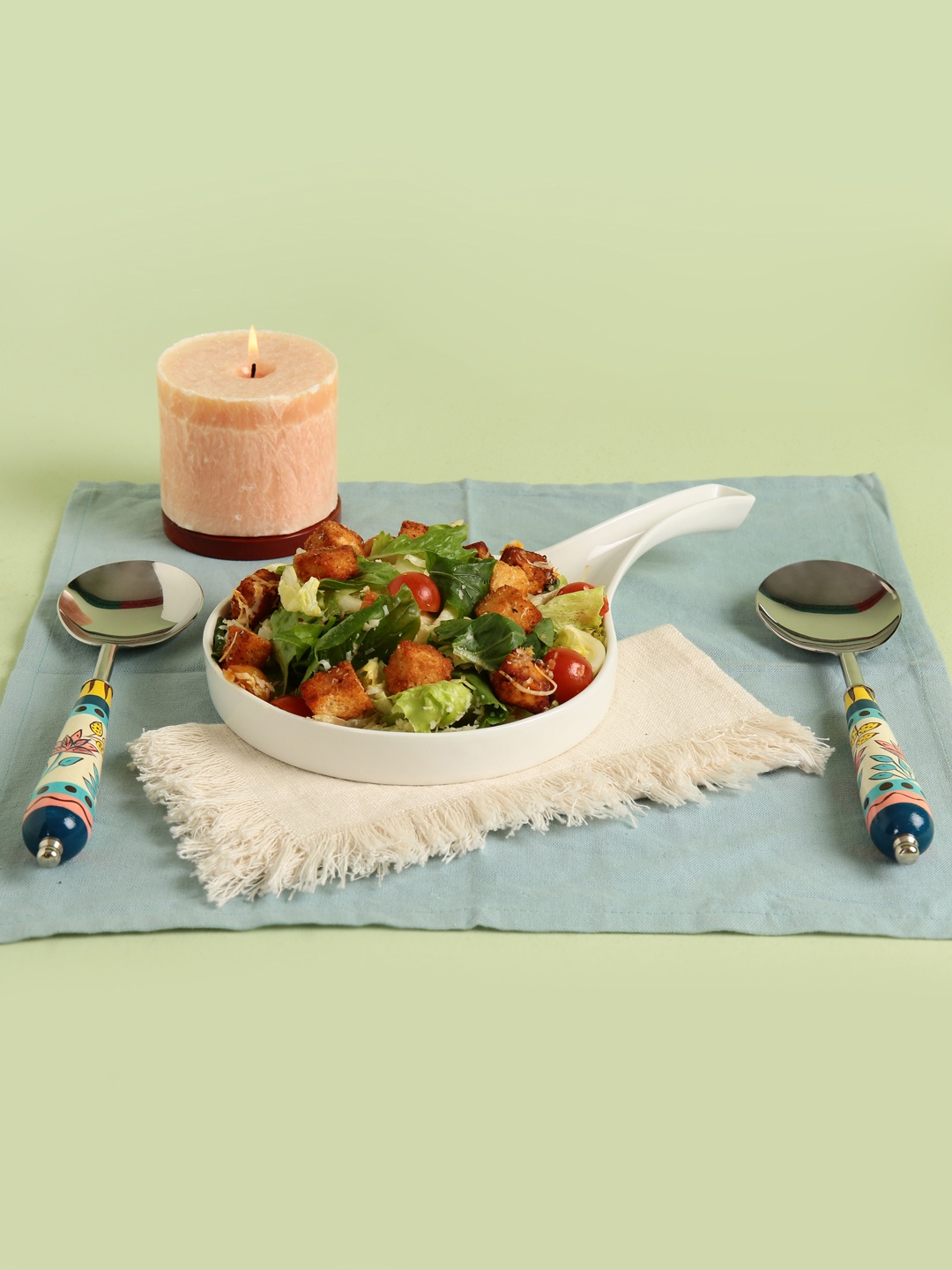
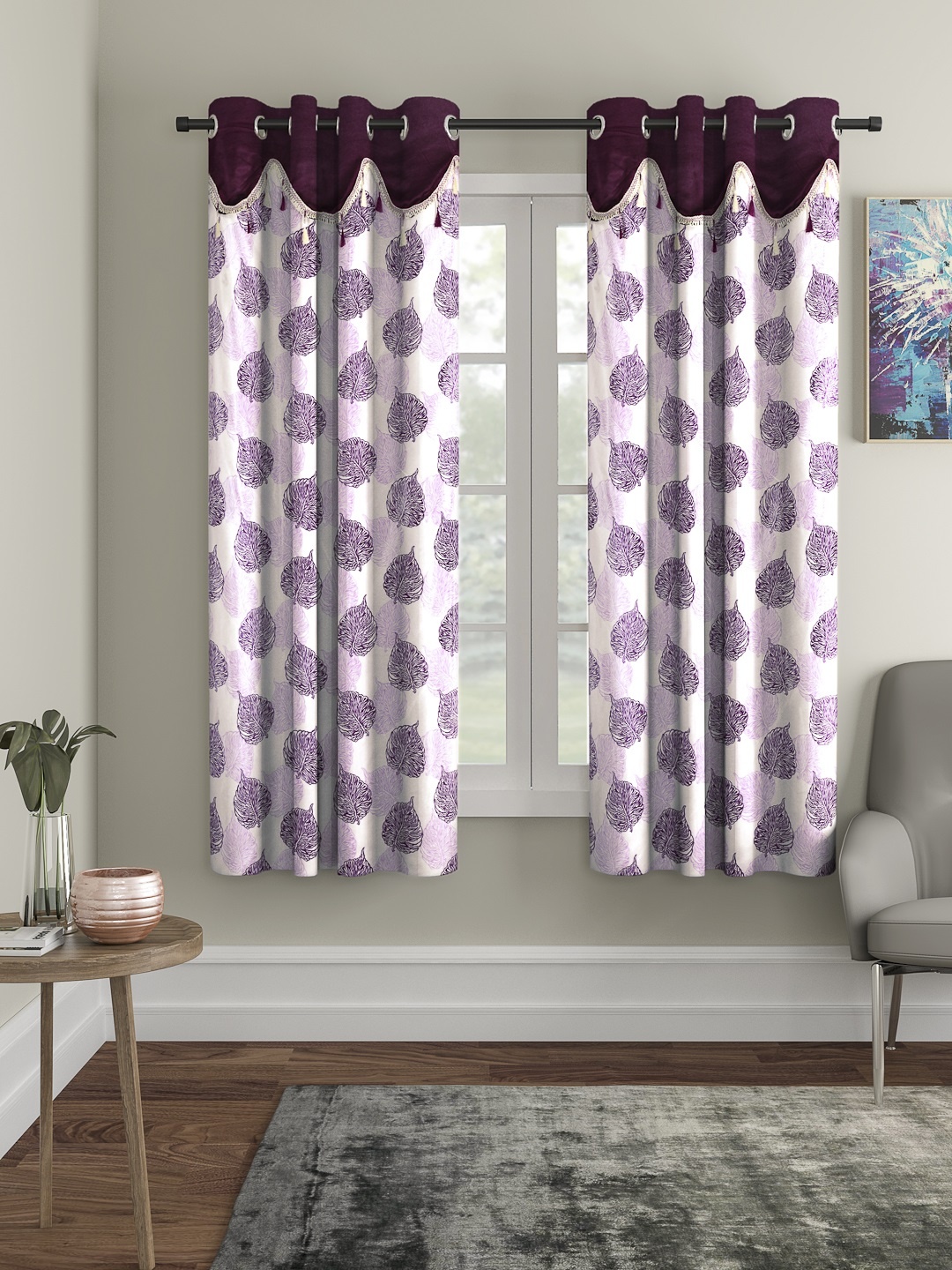

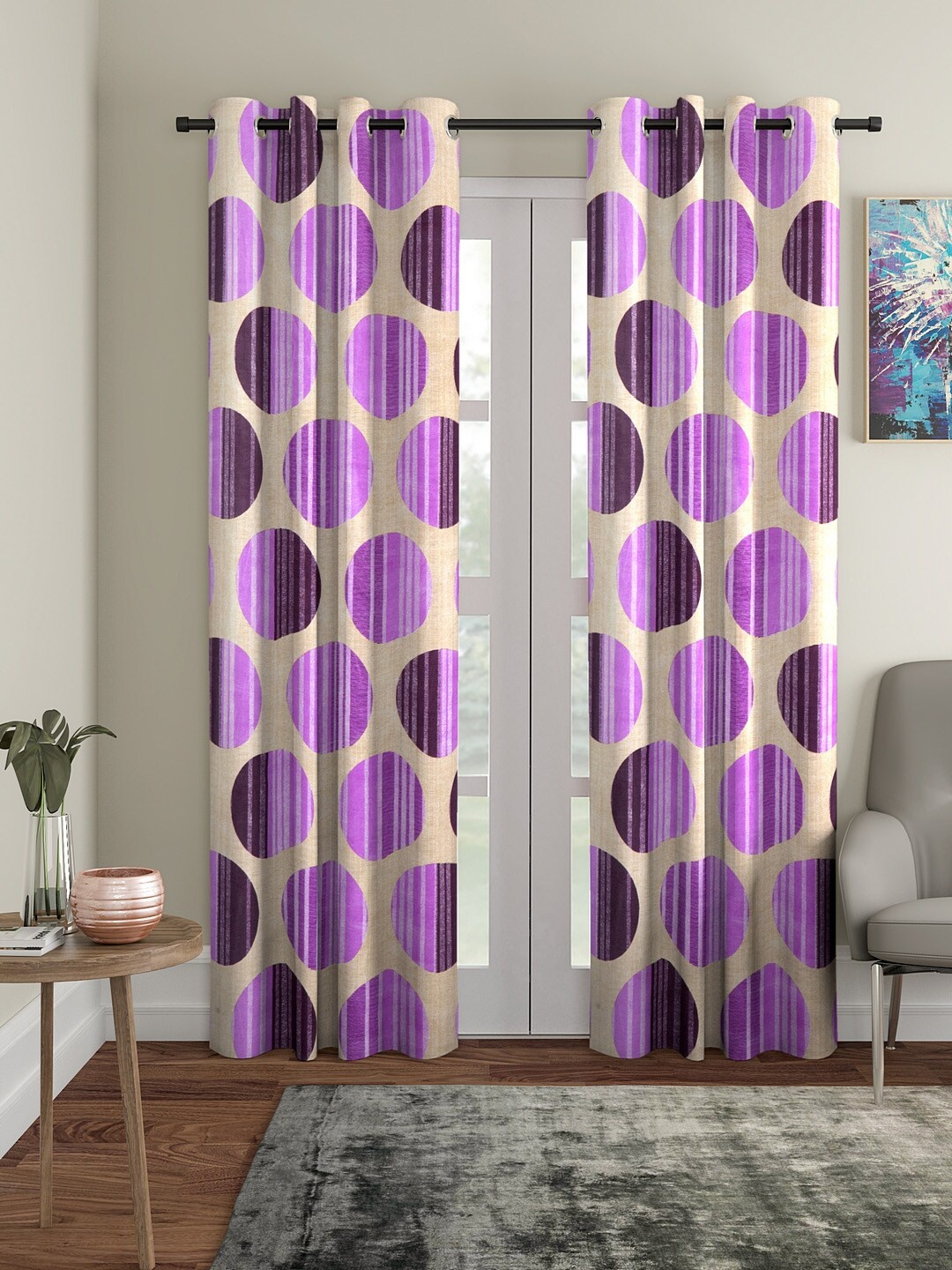
![Steam Iron Teflon Shoe Cover for ES-300,ST-96 [Only For ES-300 and ST-96 Model Electric Steam Irons]](https://m.media-amazon.com/images/I/51wwkttondL._SL160_.jpg)
